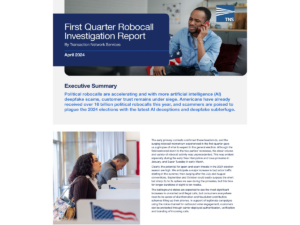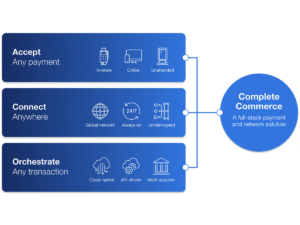Scams that impersonate utility companies have been around for a long time and become increasingly sophisticated every year. They come in the form of letters, emails, robocalls, and even as a human right at your front door. Unfortunately, fraudsters continue to discover new ways to appear believable.
A recent attack has surfaced where the scammer knew the exact amount of the customer’s last bill. They call pretending to be the utility company and claim the last payment did not go through and was denied. By mentioning to the customer the exact amount of a previously paid bill, this specific detail can often be enough to convince the customer they are receiving a legitimate call. The scammer will usually threaten to shut off the power that day if they’re not paid. TNS has received reports where the scammer may threaten to shut it off in the next 45 minutes, increasing the urgency. The other tactic employed is a recorded call with a similar threat, but lists a telephone number to call back that will connect you to a live person.
A threatening call like this is a major red flag since most utility companies do not do business this way. The best way to identify whether a call like this is legitimate is to call your utility company directly and they can tell you the current standing of your account. If you feel you are in real danger of your power getting shut off because of delinquent payments, be aware that utility companies will send many warnings before they shut down service. These will be in the form of email, a physical letter or a phone call.
These schemes are so common that many utility companies have a webpage dedicated to addressing them. In fact, Utilities United Against Scams (UUAS) is a consortium of more than 130 US and Canadian electric, water, and natural gas utilities (and their respective trade associations) dedicated to combating impostor utility scams by providing a forum for utilities and trade associations to share data and best practices.
If you do receive a call impersonating your utility company, notify them to make them aware as they can send out a notice to warn other customers. As with all robocalls, you can report these calls to your local police, state Attorney General’s office and the FTC. Call-blocking apps, including those powered by TNS Call Guardian®, are also a great resource for reporting and blocking unwanted robocalls. Stay vigilant and share information about scams with others.
Jim Tyrrell is Senior Director of Product Marketing at TNS with specific responsibility for TNS’ Communications Market solutions.
Call Guardian is a registered trademark of Transaction Network Services, Inc.






